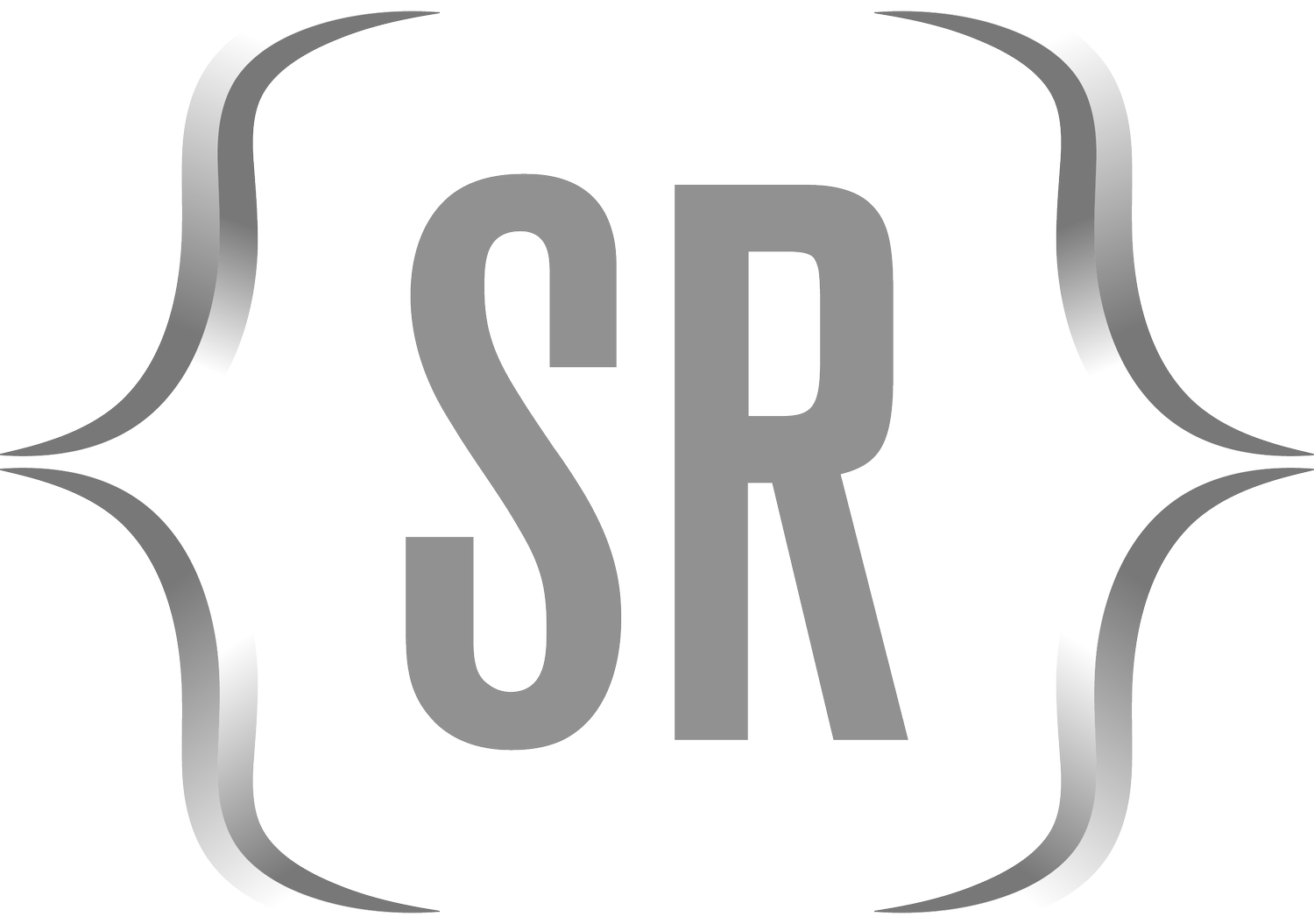The “mutate_all” Function in R
Package: dplyr
Purpose: To apply a transformation to all columns in a data frame and create new columns with the results.
General Class: Data Manipulation
Required Argument(s):
data: The data frame to mutate.
list(): A list of functions to apply to each column.
Notable Optional Arguments:
None.
Example (with Explanation):
# Load necessary packages
library(dplyr)
# Create a sample data frame
data <- data.frame(
ID = c(1, 2, 3),
value1 = c(10, 15, 20),
value2 = c(25, 30, 35)
)
# Create a multiplication function
Mult_by_2 <- function(x,y=2){return(x*y)}
# Mutate all columns by doubling their values
mutated_data <- data %>%
mutate_all(list(Mult = Mult_by_2))
# Display the mutated data,
# In this situation "mutate_at" would be better.
print(mutated_data)In this example, the mutate_all function from the dplyr package is used to apply a transformation to all columns in the sample data frame data. The Mult_by_2 function doubles the values in each column. The result, mutated_data, contains the original columns along with new columns where the values are doubled.
